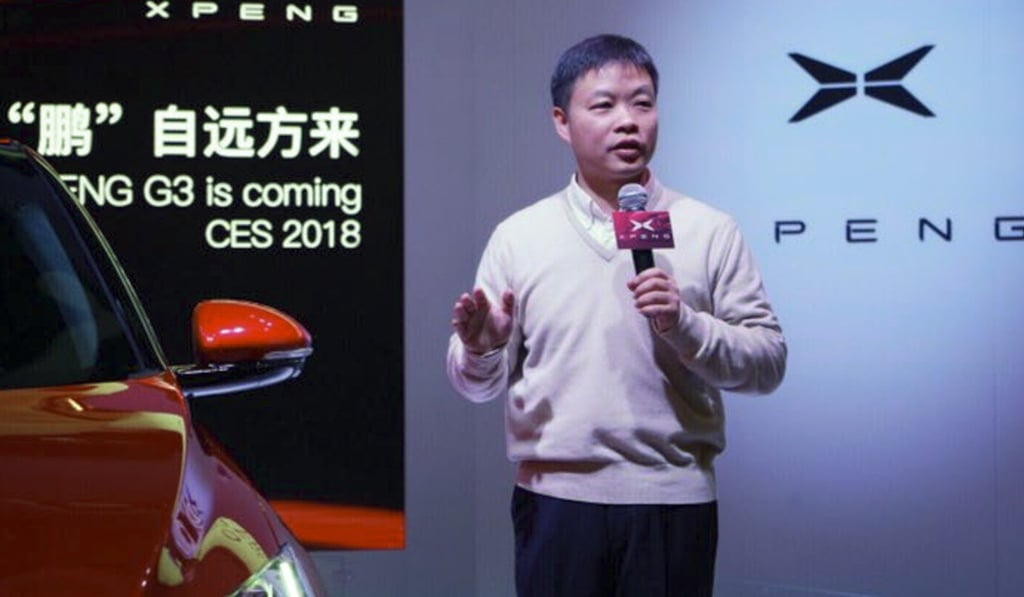Electric car start-up boss is willing to bet his entire fortune on beating Tesla
Xiaopeng Motors chairman He Xiaopeng made a fortune from a mobile web browser business. Now he and other investors are betting that Internet-enabled electric cars are the next big thing

What do you do for a next act if you’re in your 30s and sitting on millions from selling a successful mobile browser business to China’s biggest online commerce company? Early retirement? Cruise around the world? Buy an island in the Caribbean?
If you’re He Xiaopeng, none of the above.
Now 40, He has taken the money from selling his UCWeb browser business to China’s Alibaba Group and bet it on a car start-up to upend the likes of General Motors, Volkswagen and Tesla.
It seemed so much of a long shot that his wife asked if they will still have money after he is done, to which he replied: “At least we will still have our brains.”
